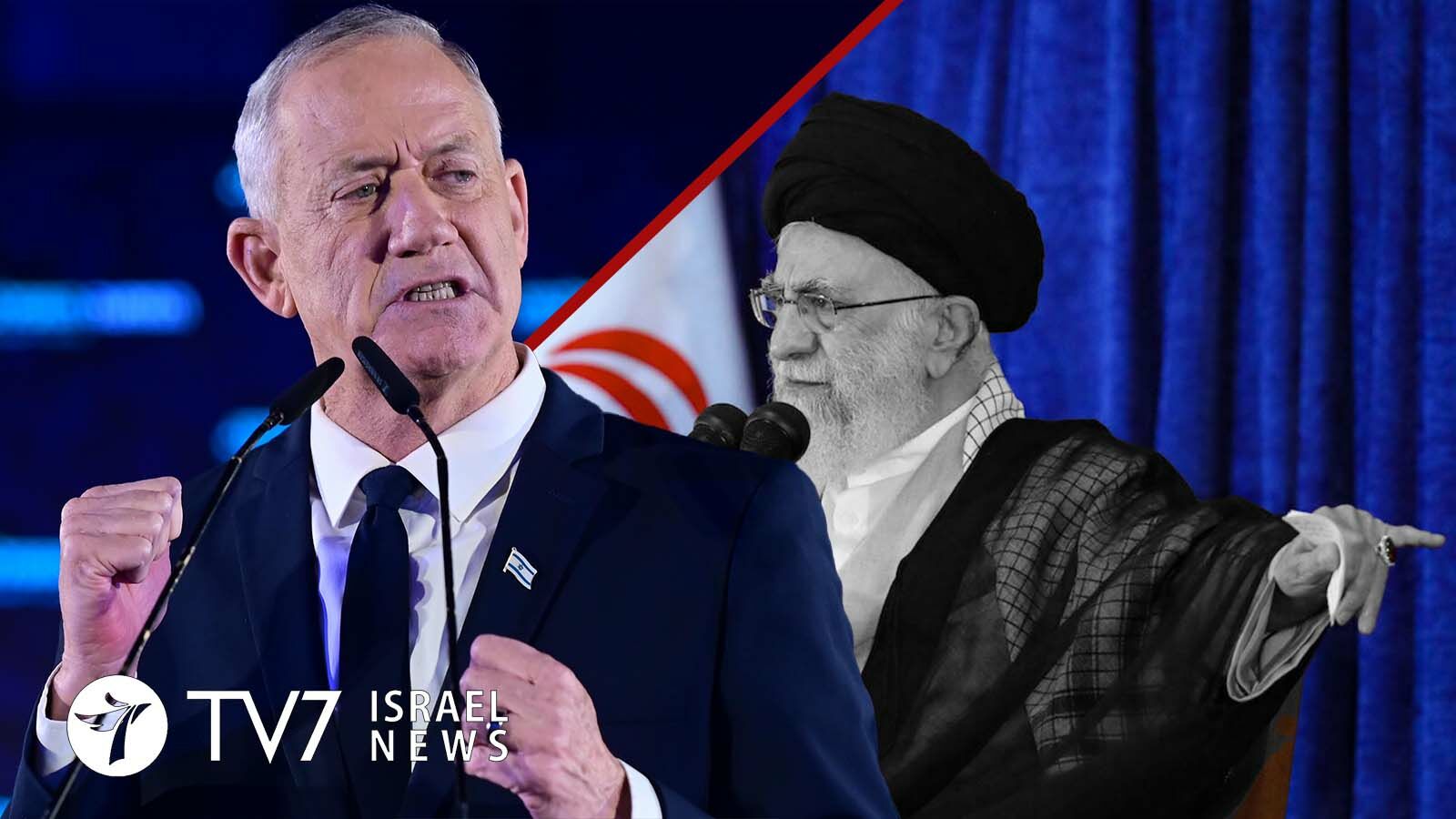The comments from Israeli Defense Minister Benny Gantz come amid widespread speculation the Joint Comprehensive Plan of Action (JCPOA) nuclear deal with Iran is unlikely to be revived in the near future.
By Erin Viner
“…The Iran nuclear deal seems like it is in the ER (emergency room),” Gantz said during an address on counter-terrorism at Reichman University in Herzlia.
The assessment from Jerusalem’s top defense echo those of a senior unnamed Israeli official who predicted a week ago that the 2015 deal would not be signed before midterm elections in the United States this coming November.
The latest developments follow the 8 August submission to Iran by the European Union (EU) of a “final” draft text after 16 months of tortuous negotiations to salvage the pact. Iran responded by announcing refusal to drop its precondition that the International Atomic Energy Agency (IAEA) cease all investigation into nuclear material uncovered at undeclared locations in the Islamic Republic. The Vienna Talks official coordinator, High Representative of the European Union Josep Borrell said Tehran’s rejection of the “most balanced text” possible dimmed hopes for any imminent revival of the JCPOA.
Israeli Prime Minister Yair Lapid announced that he has been reassured that a deal to restore the pact will not be reached soon, following statements from the US and E3 countries of France, Britain and Germany questioning Iran’s commitment to the process.
Israel views lifting of sanctions on the Islamic Republic an existential threat, and has opposed indirect negotiations between the United States and Iran in Vienna to salvage the pact.
Former US President Donald Trump withdrew from the deal in 2018, citing evidence of covert Iranian nuclear and ballistic missile development, in addition to malign regional behavior and support of proxy warfare. The Ayatollah regime responded by openly violating critical nuclear limits, including to uranium enrichment to 60%. The Biden administration has been engaged in indirect talks with Tehran since April 2020 to bring both sides back into compliance with the deal.
Israel has long opposed the JCPOA as too weak to prevent Iran from acquiring nuclear weapons, while also failing to impede missile program and terrorist activities by its terror proxies in the region.
The JCPOA had enabled the flow of billions of dollars into Iran’s economy in exchange for agreement to curb advanced centrifuge production until 2023 and nuclear development until 2030.
Saying that Israel has conducted a “discreet and intensive dialogue” while simultaneously providing the E3 with “up-to-date intelligence information about Iranian activity at nuclear sites,” Lapid stressed that “together with Alternate Prime Minister Naftali Bennett and Defense Minister Benny Gantz, Israel is conducting a successful diplomatic campaign to stop the nuclear agreement and prevent the lifting of sanctions on Iran.” Underscoring that while such a mission “is not yet over” and “there is still a long way to go,” however, he said “there are encouraging signs.”
The Director of Israel’s Mossad intelligence agency David Barnea recently returned from a round of meetings in the United States, where he presented sensitive intelligence materials to his counterparts at the Central Intelligence Agency (CIA) and Federal Bureau of Investigation (FBI), National Security Advisor, Secretary of Defense, Chairman of the Joint Chiefs of Staff and senior leaders at the State Department.
Emphasizing that Jerusalem will not stand idly by while Tehran continues to deceive the world, the Mossad Director was given assurances from the White House to Israel’s security and that its arch-enemy will not be permitted to develop nuclear weapons.
Israeli leaders have also steadily warned of military action against the country’s nuclear sites if the diplomacy fails to curb Tehran’s nuclear work.
